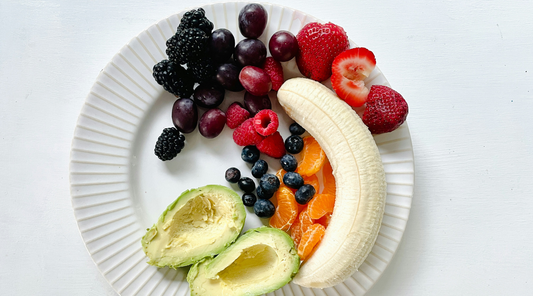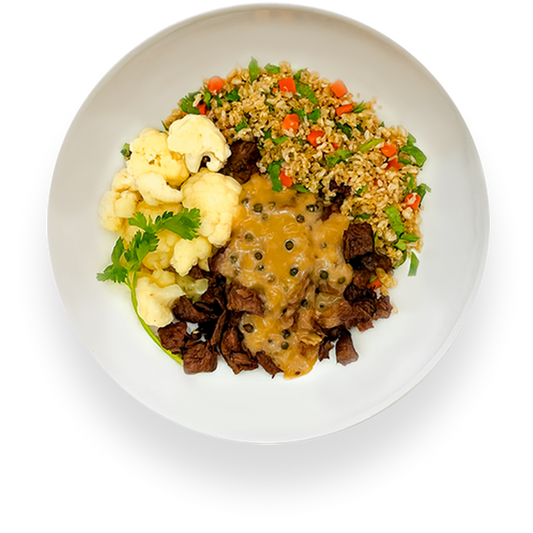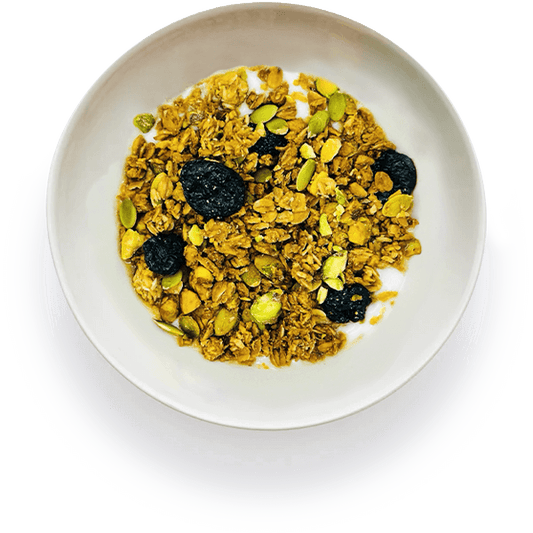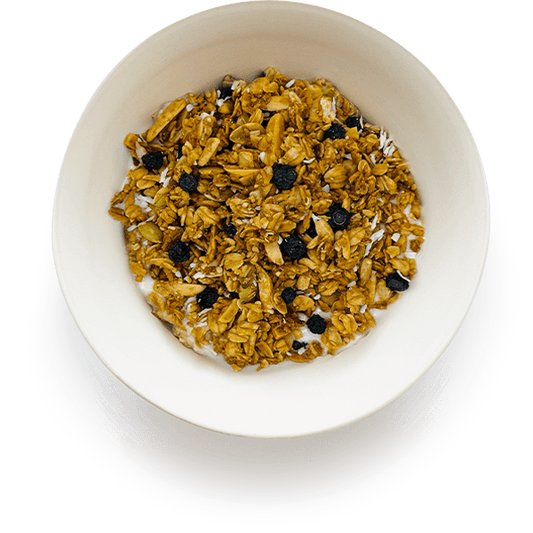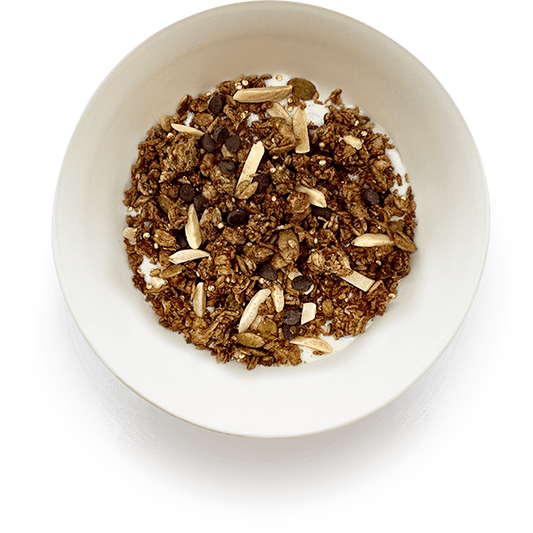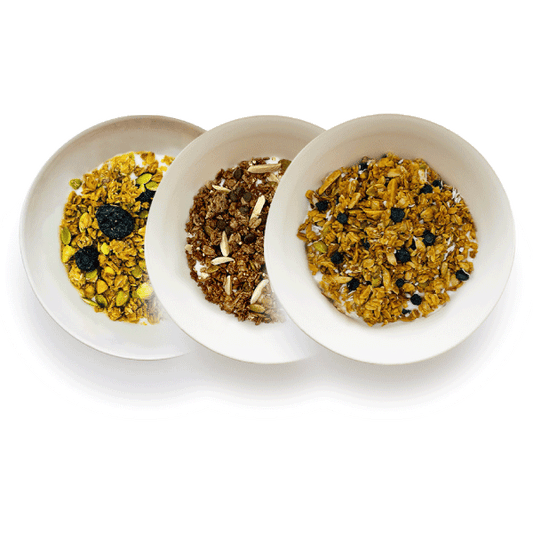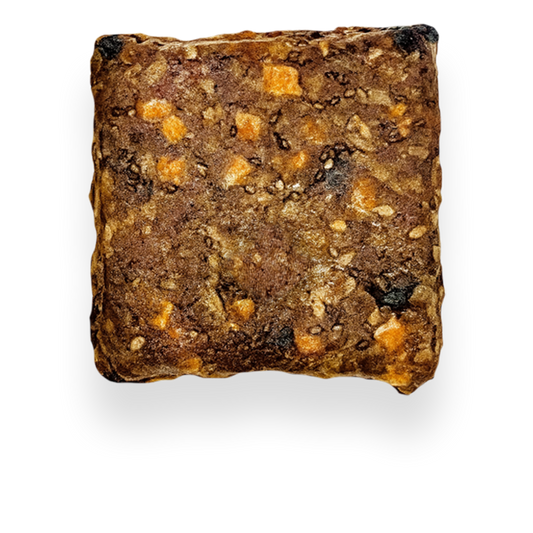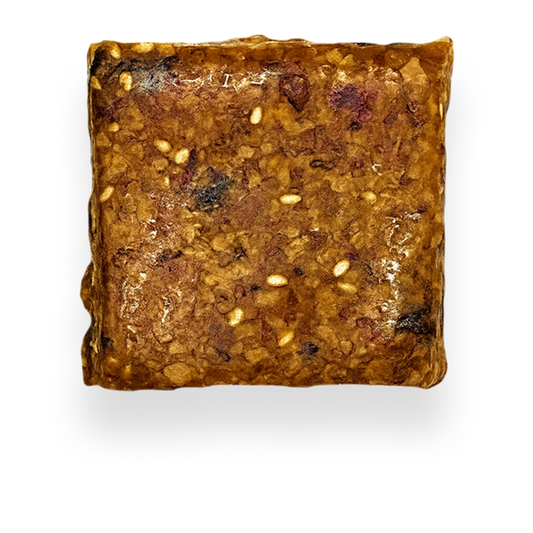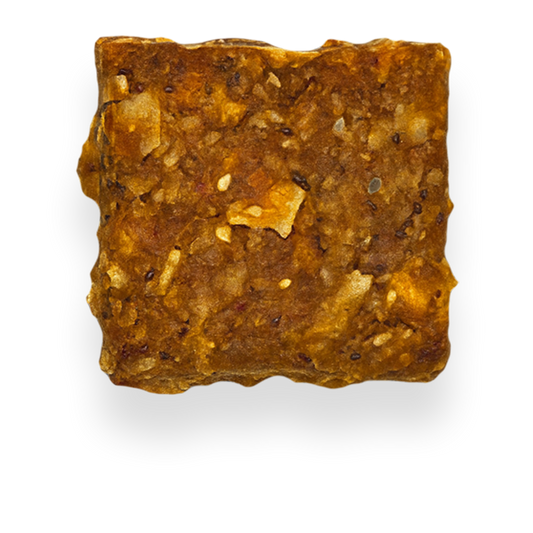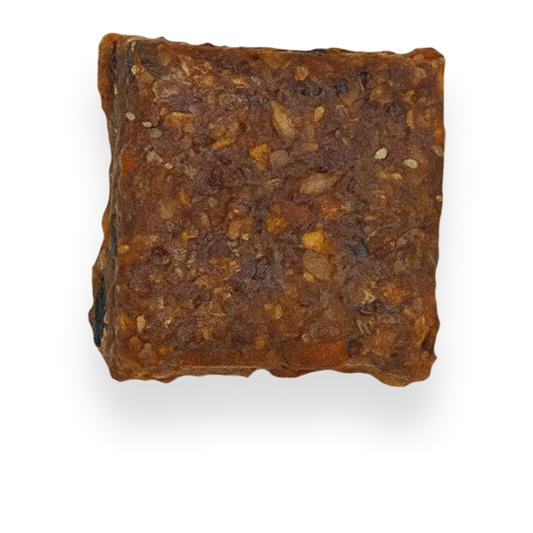Unleashing Your Potential: The Power of a Plant-Based Diet on Exercise Performance
By FireRoad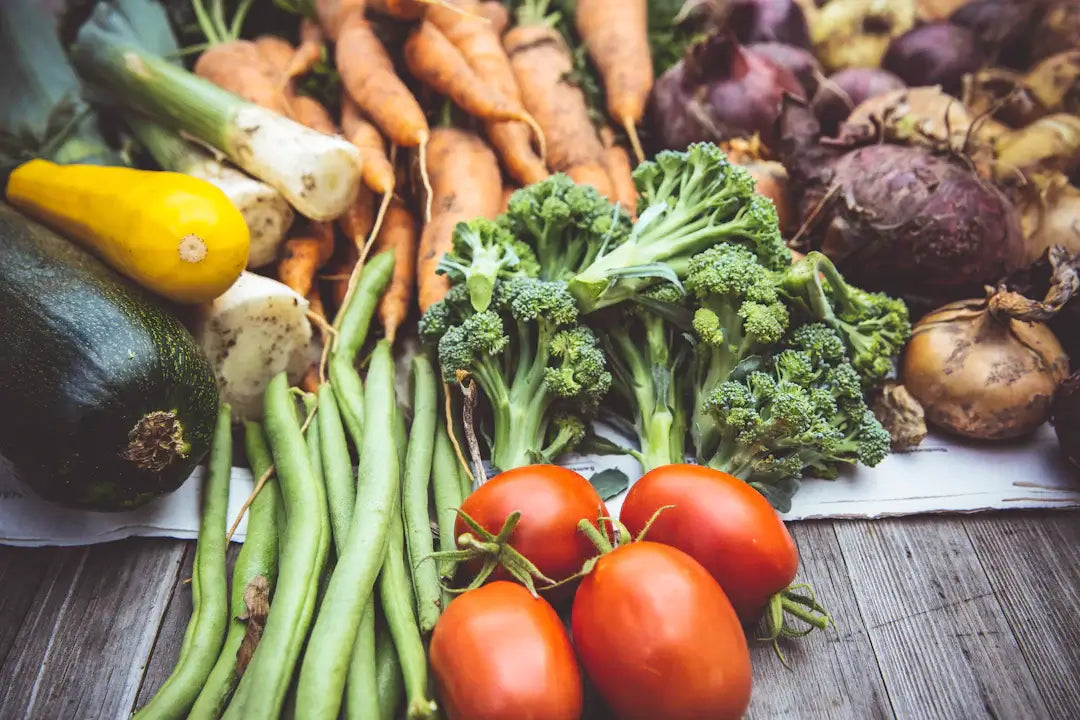
The buzz surrounding plant-based diets has shifted from niche interest to mainstream conversation. As health-conscious individuals and athletes alike seek to enhance their exercise performance, the question arises: How does a plant-based diet impact physical fitness? Join us as we explore the intricate relationship between nutrition, specifically a plant-based diet, and exercise performance, revealing how you can fuel your workouts effectively.
The Fundamentals of a Plant-Based Diet
A plant-based diet is primarily composed of foods derived from plants. This includes not only fruits and vegetables but also nuts, seeds, oils, whole grains, legumes, and beans. While the term often implies the exclusion of animal products, many people may not adhere strictly to vegetarian or vegan eating patterns but simply consume more plant-based meals. The shift toward plant-based foods offers myriad nutritional benefits that can enhance overall health, vitality, and physical performance.
Nutritional Content that Powers Performance
When athletes and fitness enthusiasts discuss dietary choices, the focus tends to be on macronutrients: carbohydrates, proteins, and fats. To gauge the effectiveness of a plant-based diet, let’s examine each of these components:
- Carbohydrates: Carbs are vital for energy. Plant foods like quinoa, brown rice, and various legumes provide essential fuel for workouts, helping to revitalize glycogen stores post-exercise.
- Proteins: Protein is crucial for muscle recovery and growth. While many believe that animal products are the best source, numerous plant-based proteins, such as lentils, chickpeas, and the ever-popular Beyond Meat recipes, deliver adequate protein for muscle repair without saturated fat.
- Fats: Healthy fats fuel long-duration activities and are essential in aiding the absorption of fat-soluble vitamins. Avocados, almond butter, and chia seeds are excellent plant-based sources of beneficial fats.
The Impact of Plant-Based Eating on Athletic Performance
Research suggests that a diet rich in plant-based foods may lead to improved athletic performance. Below are several key benefits that come with transitioning to a more plant-based dietary approach:
Enhanced Endurance
Plant-based diets tend to be higher in carbohydrates and lower in saturated fats. A study published in the journal "Nutrients" indicates that athletes who consume a primarily plant-based diet can increase their endurance levels due to the high carbohydrate intake, which is pivotal for prolonged exercise sessions.
Improved Recovery
The anti-inflammatory properties of many plant foods may lead to quicker recovery times after strenuous workouts. Foods packed with antioxidants, such as berries, spinach, and turmeric, help mitigate muscle soreness and reduce recovery time significantly.
Optimal Weight Management
Being of optimal weight is essential for peak performance. A plant-based diet, which typically emphasizes whole foods and minimizes processed options, can facilitate weight management. Individuals following such a regime tend to consume fewer calories while gaining essential nutrients, aiding in maintaining energy levels during exercise without excess weight.
Fueling Your Workouts with Flavorful Choices
The notion that plant-based eating lacks flavor is a common misconception. On the contrary, the world of plant-based cooking is filled with vibrant flavors just waiting to be discovered. Here are some ideas for adding flavor to your meals while enhancing your workout outcomes:
Creative Uses for Beyond Meat Recipes
Incorporating Beyond Meat recipes into your meal prep can transform ordinary dishes into culinary delights. For instance, a spicy Beyond Meat burger topped with zesty avocado and fresh salsa is a satisfying post-workout meal that won't compromise on taste. Additionally, consider making flavorful stir-fries or hearty stews with plant-based meat alternatives that can satisfy your cravings while providing essential nutrients for recovery.
Explore Global Cuisines
Many global cuisines highlight plant-based ingredients packed with flavor. Consider Mediterranean dishes rich in legumes, like hummus and tabbouleh, or Indian recipes that feature lentils and aromatic spices. These dishes not only keep your palate happy but also provide the necessary nutrients for peak performance.
Building a Balanced Plant-Based Plate
To maximize the benefits of a plant-based diet for exercise performance, consider building a balanced plate. Here's how to structure your meals:
- Base with Whole Grains: Start with brown rice, quinoa, or whole grain pasta.
- Add Lean Proteins: Include a variety of legumes, tofu, tempeh, and Beyond Meat products to ensure adequate protein intake.
- Load Up on Vegetables: Fill half your plate with colorful vegetables packed with vitamins, minerals, and antioxidants.
- Healthy Fats: Sprinkle with seeds, nuts, or drizzle with olive oil for flavor and wellness.
Common Myths Busted
Despite its numerous advantages, myths surrounding plant-based diets persist. Let’s squash some of these myths:
Myth: “You Can’t Get Enough Protein from Plants”
Many believe that plants cannot supply sufficient protein. However, this is far from the truth. With careful meal planning and by mixing various sources of protein, such as beans, lentils, nuts, seeds, and whole grains, you can easily meet and exceed protein requirements.
Myth: “Plant-Based Diets Lack Essential Nutrients”
Some claim that a plant-based diet lacks important vitamins and minerals, particularly B12 and iron. While B12 is primarily found in animal products, fortified options and supplements can provide the required amounts. Furthermore, plant foods are often abundant in non-heme iron, which can be effectively paired with vitamin C sources to enhance absorption.
Journeying into Plant-Powered Performance
Transitioning to a plant-based diet may seem daunting, especially for athletes unused to this dietary approach. Start slow! Incorporate one or two plant-based meals into your week and gradually increase as you discover new flavors and recipes that excite you.
Tips for a Smooth Transition
- Experiment: Try various recipes, such as those featuring Beyond Meat, that can be surprisingly delicious and enticing.
- Stay Informed: Educate yourself about essential nutrients and how to incorporate them into your meals.
- Plan Ahead: Prepare meals in advance to prevent reaching for quick, unhealthy options during busy days.
- Engage with Community: Join online forums or local groups that focus on plant-based lifestyles for support and motivation.
The Future of Fitness
As you explore the nexus of plant-based eating and exercise performance, remember that nutrition is an evolving field. The growing body of evidence supporting plant-based diets will likely continue to influence training regimens and dietary practices worldwide. With optimal energy, recovery, and nutrition that doesn’t skimp on flavor, a plant-based diet can undeniably sip the spotlight in today’s fitness landscape.
Embrace the journey of healthy eating and enhanced performance; your taste buds and body will thank you for it! Frequent experimentation with new recipes will yield both culinary delights and impressive performance results, paving the way for a more vibrant, energetic lifestyle. Now is the time to take charge of your fitness journey one delicious, plant-based meal at a time!

